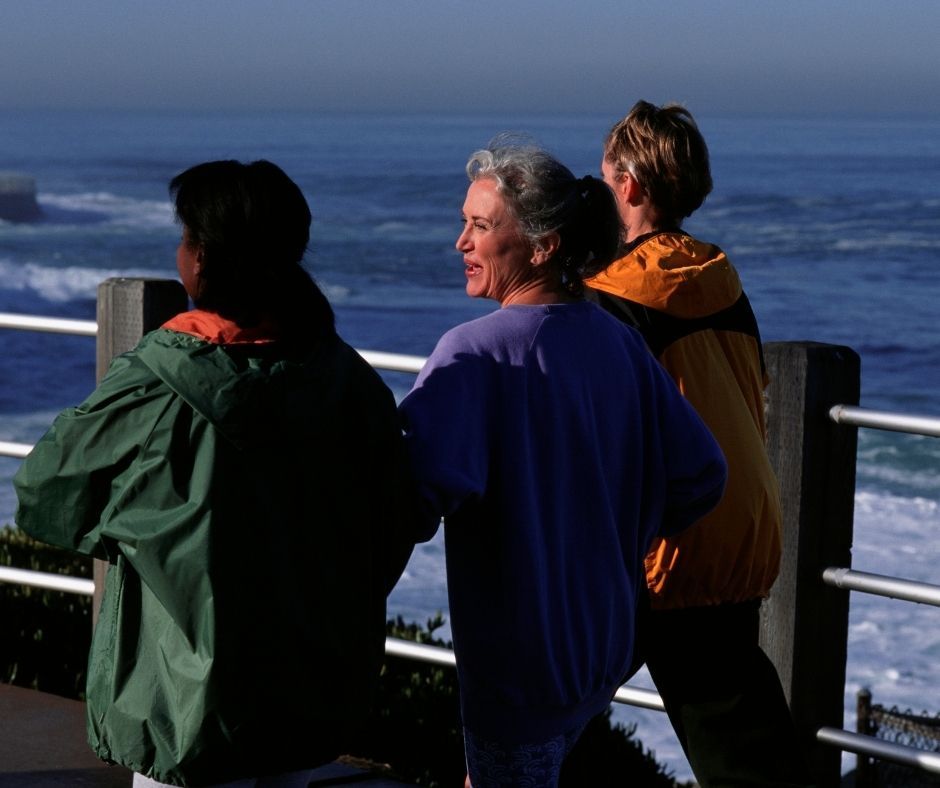Life After Breast Cancer – Toward Lifelong Health & Wellness
This is an exciting time for the participants, research team and partners of the Pathways Study. With over a decade of data on more than 4,000 women who had been diagnosed with breast cancer, the study is primed to have an impact! ZBC’s scientific partners are looking at many factors that influence breast cancer survival and reduce the risk of recurrence. Meanwhile, our Community Advisory Board (CAB) has begun to write articles on how to improve quality of life for those affected by breast cancer. Study results are ready to inform treatment decisions, individual behaviors, and ways to provide necessary support, especially to under-served communities.
Answers to Important Questions
Many topics are being explored to see how they impact breast cancer outcomes from the time of diagnosis through treatment and beyond in this diverse group. We are studying social networks, dietary patterns, bone health, depression, patient-provider communication, body composition, and complementary & alternative medicine with more than 40 Pathways-related publications to date. Analyses look for differences based on race/ethnicity, income, residential location, tumor type, genetics, and treatment received. Work is ongoing for many topics, including Vitamin D levels, and vitamin and mineral supplement use.
We are still gathering information from our study participants. These generous women continue to provide updates on their breast health and care, and quality of life. Upon the recommendation of our CAB, the latest survey includes questions about memory and concentration. Our researchers from Kaiser Permanente Northern California Division of Research, the University of California-San Francisco, Roswell Park Cancer Institute, and the Fred Hutchinson Cancer Research Center are continuing to apply for funds to investigate additional areas, most recently including heart and other cardiovascular diseases related to cancer treatment and to the neighborhood where study members live.
Improving Quality of Life
ZBC’s goal is to link science to action. Together with our CAB, we are combining Pathways findings and other scientific evidence with stories of survivors to address topics of greatest interest and use to survivors and those who support them. In order to prioritize issues, we worked with our Breast Cancer Survivorship Collaborative (BCSC) of more than a dozen organizations across the SF Bay Area to conduct a survey of breast cancer survivors in English, Spanish and Chinese. The concerns and unmet needs of these diverse breast cancer survivors parallel what we hear from our CAB and cohort members, and what has been reported in peer-reviewed journals from people across the U.S.
Our CAB’s first article offers information about the #1 concern we identified: memory and thinking problems. These cognitive problems often occur from the stress of getting a cancer diagnosis and then from the treatment. They can last for several years. The full Cancer Related Cognitive Impairment (CRCI) article, including tips, is available in the Winter 2019 Pathways newsletter and a summary is posted on ZBC's blog.
We will publish more articles in the Pathways newsletter and adapt them for blogs on ZBC’s website and newsletter pieces. Our next topic will be cancer treatment-related pain and neuropathy. Over the next 2-3 years, we will explore developing fact sheets and/or a brochure from these articles because our BCSC partners and the Kaiser Breast Care Coordinators have said that hard copy materials are best for them to distribute the information. As always, we will make all materials available online and in as many formats and languages possible!


